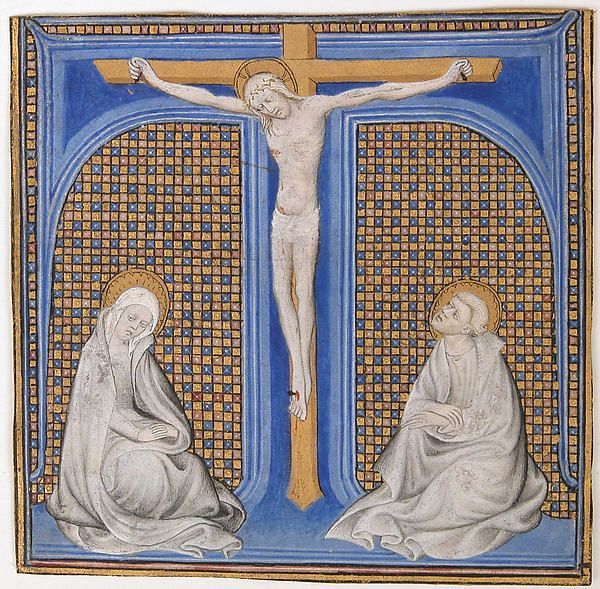The Nativity
Anima Christi Prayer
Topic: Nativity [110]
Preparatory Prayer [46]: I will beg God our Lord for grace that all my intentions, actions, and operations may be directed purely to the praise and service of His Divine Majesty.
Preludes[111-113]: 3
First, to consider the history of the mystery. Here it will be that our Lady, about nine months with child, and, as may be piously believed, seated on an ass, set out from Nazareth. She was accompanied by Joseph and a maid, who was leading an ox. They are going to Bethlehem to pay the tribute that Caesar imposed on those lands. (#264)
Mental Representation: seeing in imagination the place. The way from Nazareth to Bethlehem. Consider its length, its breadth; whether level, or through valleys and over hills. Observe also the place or cave where Christ is born; whether big or little; whether high or low; and how it is arranged.
Grace: I will ask God for what I desire: Here it will be the same as the last contemplation, for an intimate knowledge of our Lord, who has become man for me, that I may love Him more and follow Him more closely.
Points [114-116]: 3 Pts
First, in seeing the persons — namely, our Lady, St. Joseph, the maid, and the Child Jesus after His birth. I will make myself a poor little unworthy slave, and as though present, look upon them, contemplate them, and serve them in their needs with all possible homage and reverence.
Second, to consider, observe, and contemplate what the persons are saying — and then to reflect on myself and draw some fruit from it.
Thirdly, to see and consider what they are doing. For example, making the journey and laboring that our Lord might be born in extreme poverty, and that after many labors, after hunger, thirst, heat, and cold, after insults and outrages, He might die on the cross, and all this for me.
Then I will reflect and draw some spiritual fruit from what I have seen.
Colloquy. Close with a colloquy as in the last contemplation:
I will think over what I ought to say to the Three Divine Persons, or to the eternal Word incarnate, or to His Mother, our Lady. According to the light that I have received, I will beg for grace to follow and imitate more closely our Lord, who has just become man for me.
End with an Our Father.
Additional Points for Consideration:
GK Chesterton wrote about the nativity of Christ, referring to Christmas as the riddle of Bethlehem. He calls it a riddle because of the simultaneous presence of two extremes. He says, “Bethlehem is emphatically a place where extremes meet.” “The hands that had made the sun and stars were too small to reach the huge heads of the cattle.” He points out that modern man’s mind has been influenced by the coming together of these two extremes: the infinity of God and the finiteness of a creature. There is no natural reason to associate God with smallness, or God with gentleness. All of this has become somewhat normal to us because of the scene of Christmas. It has entered our minds — the possibility of God being so condescending to mankind’s plight…”omnipotence and impotence, or divinity and infancy…Bethlehem is emphatically a place where extremes meet.”
Chesterton says that the Nativity Scene marks a new history for mankind, almost like a new creation of the world. It was here that a homeless couple had crept underground with the cattle when the doors of the crowded town had been shut to them; and it was here beneath the very feet of the people…under the very floor of the world, that Jesus Christ was born.
(Everlasting Man, Part Two, Chapter One)
In this contemplation, we must draw near the mystery and oddity of Christ’s nativity. This will be very useful for the grace which we request: I want an intimate knowledge of our Lord, who has become man for me, that I may love Him more and follow Him more closely. Even though it has become part of our culture — that is, the idea of Christmas — it is not normal at all. Like the contemplation of Christ’s Incarnation, it is good to imagine as though you were hearing about it for the first time.

Take, Lord,
and receive all my liberty, my memory, my understanding, and my entire will, all that I have and possess. Thou hast given all to me. To Thee, O Lord, I return it. All is Thine, dispose of it wholly according to Thy will. Give me Thy love and Thy grace, for this is sufficient for me.
(Spiritual Exercises #234. Louis Puhl SJ, Translation.)



